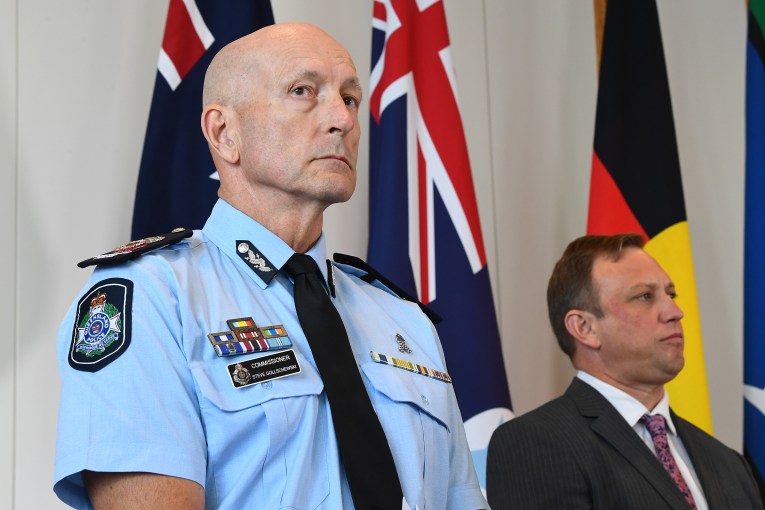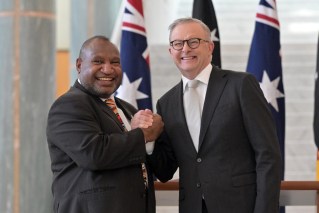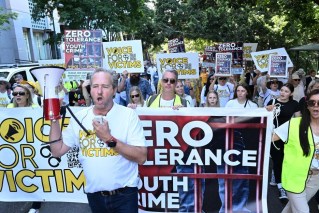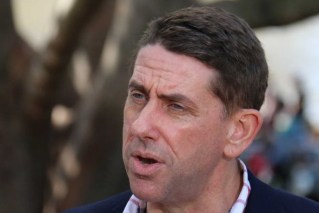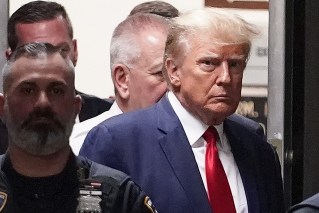One fine day: Albanese says carbon targets will be introduced as law tomorrow
The Albanese government’s climate change bill enshrining its emissions reduction target will be introduced to the parliament on Wednesday.
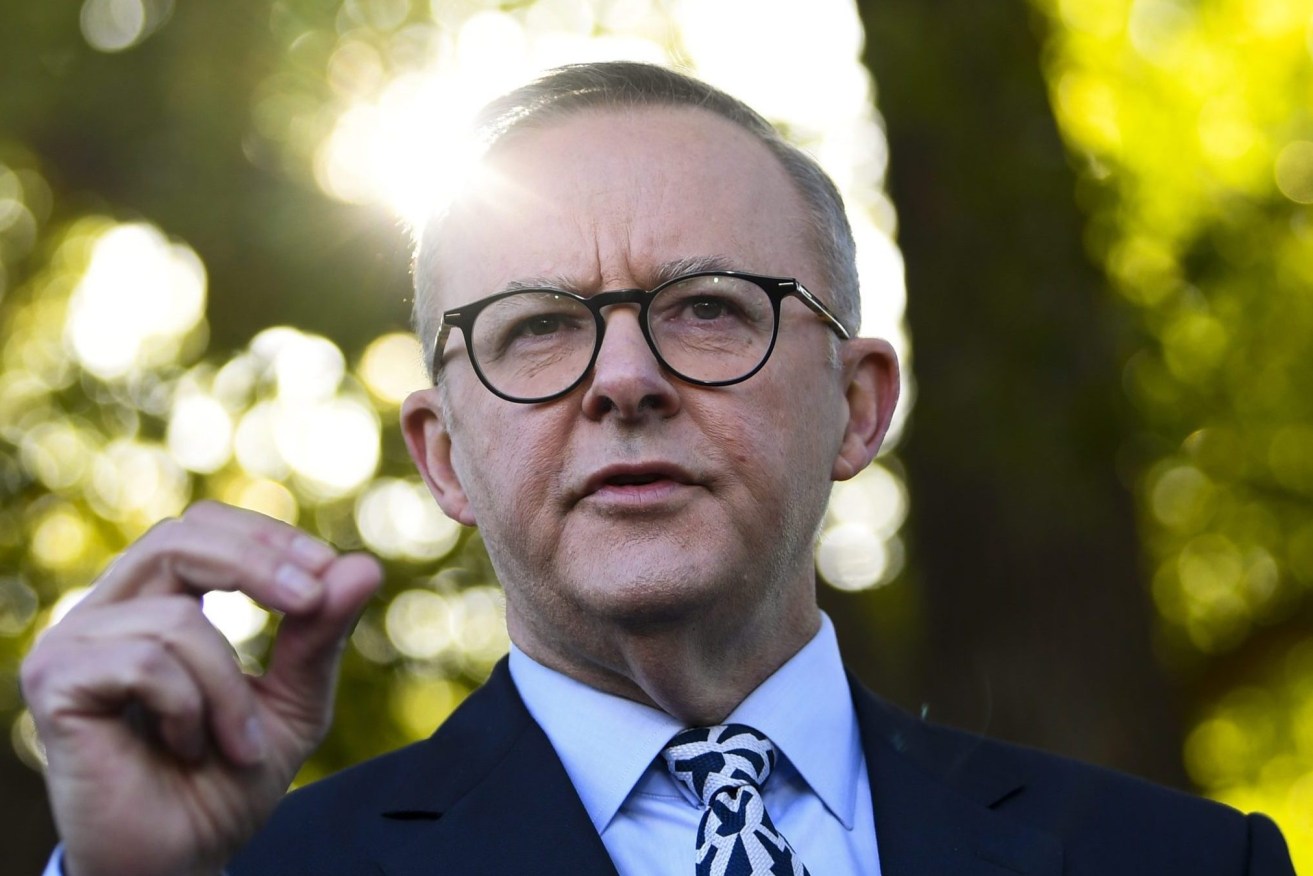
Prime Minister Anthony Albanese faces some surprisingly large decisions over the coming months, particularly when it comes to the climate change wars. (AAP Image/Lukas Coch)
It will legislate the reduction of greenhouse gas emissions by 43 per cent below 2005 levels by 2030, and net-zero by 2050, as promised at the federal election.
Climate Change Minister Chris Bowen will on Wednesday introduce a bill to enshrine a 43 per cent cut in emissions by 2030 and net-zero by 2050, as promised at the election.
Under the proposed laws, the climate change minister must report to parliament every year on progress in meeting the targets, and report on the effectiveness of the government’s policies in helping achieve them.
The independent Climate Change Authority would be tasked with giving public advice on the nation’s advances in reducing emissions, and the climate change minister will have to table their response if they disagree with the advice given.
The authority must also make suggestions for future targets at least once every five years, including new targets under the Paris Agreement which will contain one for 2035.
Greens leader Adam Bandt, who is leading negotiations on the bill with the government, has welcomed confirmation that a 43 per cent emissions-reduction target would be a minimum commitment.
Bowen said 43 per cent represents a floor and not a ceiling to future emissions-reduction measures.
“We hope and expect Australia can do even better than that with the combined efforts of industry, unions, communities, governments, state and federal,” he told reporters on Tuesday.
Bowen said enshrining the target in law – effectively creating a framework for private sector investment in clean energy – was not expected to throw up any legal hurdles.
Bandt said that move is a good step and wants to remove any chance of the legislation being wound back.
“If we’re going to pass targets and put them into law, we want to make sure it’s (opposition leader Peter) Dutton-proof so it’s not something that can be unwound at a future date,” he told ABC television.
The Greens leader had previously expressed concern the 43 per cent target would be an upper limit for emissions reduction and not able to be increased by future governments.
But Bowen says it is not within the remit to bind future parliaments.
Meanwhile, Tasmanian Liberal MP Bridget Archer said she is open to crossing the floor to support Labor’s bill.
“This is an issue important to Australians, we are facing many threats as a result of climate change,” she told ABC radio.
“My job, my only job, is to represent the people of Bass.”
The bill would also task the independent Climate Change Authority with giving public advice on the nation’s advances in reducing emissions, while the climate change minister would have to table a response if disagreeing with the advice.
The authority must also make suggestions for future targets at least once every five years, including new aims under the Paris Agreement which will contain one for 2035.
A review of the law will take place within five years, followed by another 10 years later.
Bandt has called for the government to also put an end to new coal and gas projects.
To pass the bill, the government will need the support of all 12 Greens plus at least one crossbencher in the Senate.
Bandt said while the government had a mandate to introduce the 43 per cent target in the lower house, negotiations were needed for the upper house.
“My energy at the moment is focused on having discussions with the government to try and address those issues of coal and gas, (and) look at how we make sure the target can be lifted,” he said.
“The parties and independents whose vote went up were the ones who said it’s time to get out of coal and gas.”
Mr Bowen said he had not sought, nor gained, any guarantees of the bill passing.
A review of the law will take place within five years, followed by another 10 years later.
The government has a majority to pass the bill in the lower house, but will need backing from the Greens and a crossbencher in the Senate.
Independent senator David Pocock, along with other crossbenchers, have called for a mechanism within the bill allowing an increase in the size of emission reduction targets in the future.
The Greens have called for more ambitious targets, while also strongly opposing new coal or gas projects.
Finance Minister Katy Gallagher said she hoped the Greens reflected on the opportunity to legislate climate action.
“It might not be everything they want, but it’s a massive step forward on where we’ve been for the past nine years,” she told Sky News on Monday.
The government has said it won’t stand in the way of new projects, and maintains its position on the fossil fuel industry is compatible with achieving climate change action.
Australia’s perceived lack of action on climate change was a major reason behind negotiations stalling for a trade deal with the European Union.
